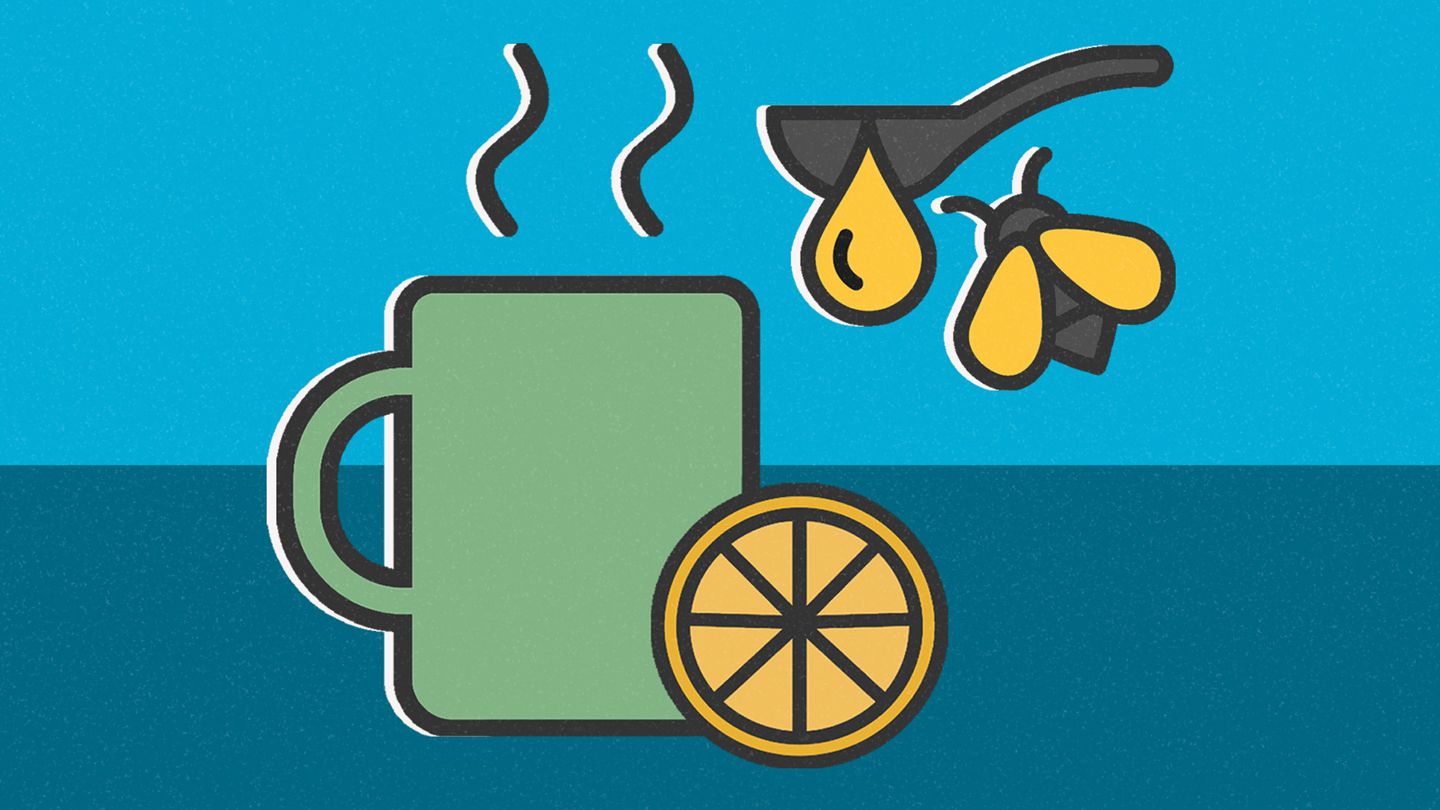Understanding Carbohydrates and Their Role in Your Diet
Carbohydrates are one of the main macronutrients, along with protein and fat, that provide energy for the body. Carbs get a bad reputation as causing weight gain, but the truth is that not all carbs are created equal. The key is understanding the differences between types of carbs, how they affect your body, and which ones to emphasize or limit in your diet.
The Main Types of Carbohydrates
There are three main types of carbohydrates:
- Sugars - These are simple, quick digesting carbs like table sugar, honey, and ingredients ending in "ose" like glucose. They provide fast energy but a quick crash soon after.
- Starches - Found in foods like potatoes, rice, pasta, and bread. Starches are longer chains of sugars that take a bit longer to digest.
- Fiber - Indigestible carbs that provide no calories but offer health benefits. Soluble fiber can help lower cholesterol while insoluble fiber aids digestion.
Understanding Glycemic Index and Glycemic Load
The glycemic index (GI) measures how quickly a food raises blood sugar. High GI foods cause rapid spikes, while low GI foods cause a gradual rise. Glycemic load accounts for portion sizes. Low GL foods are best for steady energy and blood sugar control.
Added Sugars vs. Natural Sugars
There is a difference between sugars naturally found in foods like fruit and dairy compared to added sugars in processed foods, syrups, and sugary drinks. Limit added sugars, but natural sugars in moderation are fine for most people.
Carb Confusion in Weight Loss and Health
With so many conflicting messages around carbs for weight loss, it's no wonder people are confused. Low carb diets became popular for fast weight loss, but cutting too many carbs can backfire. Here is the real truth on carbs and weight loss:
Carbs Are Not the Enemy
Many diets demonize all carbs equally, but this inhibits long term success. Complex carbs full of fiber should make up a significant portion of your plate. The body needs quality carbs to function properly.
Overconsumption Drives Weight Gain
Weight gain is not caused by any single nutrient - too many overall calories from any source results in fat storage. Overeating carbs, especially refined and sugary ones, can promote excess calories.
Portion Control and Balance Are Key
Rather than cutting carbs severely, focus on proper portions of nutritious whole foods. Fill half your plate with veggies, a quarter with lean protein, and a quarter with complex, minimally processed carbs like beans, whole grains and starchy vegetables.
Always Pair Carbs with Fiber, Protein and Fat
Choosing carbs that come packaged with fiber, protein and healthy fat leads to slower digestion for sustained energy. Combining carbs with other macros blunts blood sugar spikes.
Cut Back on Processed and Refined Carbs
Limiting added sugars, sugary drinks, refined grains like white bread and pastries can help reduce excess calories and unstable blood sugar levels that trigger hunger and cravings.
Health Conditions May Warrant Low Carb Diet
For some with diabetes, prediabetes, PCOS and other conditions, a lower carb diet can help manage blood sugar and insulin. Work with a healthcare provider to determine appropriate carb intake.
Tips to End Carb Confusion and Make the Healthiest Choices
Here are some tips to end carb confusion so you can feel your best while still enjoying this important macronutrient:
1. Read Labels to Identify Added Sugars
Get in the habit of reading nutrition labels so you can detect sources of added sugars which should be minimized. Terms like syrup, nectar, dextrose, maltose indicate added sugars.
2. Choose Complex, Whole Carbs
Emphasize whole foods like vegetables, fruits, beans, lentils, whole grains and starchy veggies like sweet potatoes. These provide carb energy along with ample fiber and nutrients.
3. Combine Carbs with Other Macros
Pair carbs with protein, fat and fiber at meals and snacks. This helps sustain energy levels and helps avoid blood sugar crashes. Some examples are veggies and hummus, whole grain toast with nut butter, or Greek yogurt with nuts and berries.
4. Position Carbs Strategically
If desired, consume more carbs around periods of high physical activity. Try oatmeal before a workout or quinoa salad at lunch after an active morning. Limit refined carbs at inactive times.
5. Moderate Portions of Starchy Carbs
Enjoy potatoes, rice, pasta and bread moderately as part of an overall balanced diet, limiting portions to 14 to 12 of your plate. Choose whole grain or high fiber varieties.
6. Slash Sugary Drinks
Cut back on sugary bottled juices, coffees, teas, sports drinks and sodas which provide excess sugar and calories. Focus on hydrating with water, sparkling water or unsweetened drinks.
7. Reduce Refined Grains
Limit refined carbs like white bread, rolls, pastries, crackers and baked goods that lack fiber and nutrients. Opt for whole grain options when possible or consume sparingly.
8. Watch Alcohol Intake
Alcoholic beverages pack excess carbohydrate content, so keep consumption moderate. Dry wines and light beers have fewer carbs than sweet cocktails, dessert wines and heavy beers.
9. Include Quality Fats
Dont fear healthy fats! Adding nuts, seeds, avocado, olive oil, fatty fish and nut butters to meals boosts satiety and sustains energy levels to help prevent carb crashes.
10. Stay Active
Regular physical activity optimizes carbohydrate metabolism and insulin sensitivity. Aim for 150 minutes per week of moderate activity plus two strength sessions.
The Bottom Line
Carbohydrates play an important role in providing energy for the body and brain. Rather than taking an extreme low or high carb approach, the healthiest pattern focuses on choosing quality complex carbs in proper portions, avoiding refined carbs and added sugars, and pairing carbs with other whole foods for balanced nutrition.
An individualized carb intake that matches your activity level and health status will help you feel energized while supporting healthy blood sugar control and weight management. By implementing the tips above, you can finally gain clarity around carbs for your diet and start fueling your body with the right amount and type of this vital nutrient.
FAQs
What are the main types of carbohydrates?
The three main types of carbohydrates are sugars, starches, and fiber. Sugars are simple carbs like table sugar. Starches are found in foods like bread, rice, and potatoes. Fiber is indigestible carbs that provide health benefits.
Do carbs cause weight gain?
Carbs alone do not directly cause weight gain - too many overall calories from any source results in fat storage. However, overeating refined carbs and added sugars can promote excess calories.
Should I avoid carbs for weight loss?
Severely restricting carbs is usually unsustainable long-term. A better approach is eating the right types of carbs in proper portions along with protein, fat and veggies. Focus on whole, high-fiber carbs.
What are some high and low glycemic index foods?
Low glycemic foods include non-starchy veggies, nuts, beans, lentils, and some fruits. High glycemic foods include white bread, sugary cereals, crackers, potato products, and sugary drinks.
How many carbs should I eat daily?
Recommended carb intake varies based on factors like activity level, metabolic health, height, and weight goals. A moderate carb intake with whole food sources is around 45-65% of calories from carbs for most people.
Disclaimer: This article is for informational purposes only and does not constitute medical advice. Always consult with a healthcare professional before starting any new treatment regimen.
Related Coverage
Drinking adequate water provides tremendous benefits including healthier skin, improved digestion, weight loss, detoxification, and increased energy levels....
Putting Vicks VapoRub in your nose seems like a fast sinus relief hack. But this risky use can cause painful irritation, breathing issues, and toxicity....
Soothe sinus pain and pressure with effective natural remedies like steam, salt therapy, herbs, and diet changes. Natural treatments provide safe sinusitis relief....
Learn whether you can take NyQuil 4 hours after Sudafed decongestant based on differences, side effect risks, dosing guidelines and what to do if interactions occur....
Compare Alka-Seltzer Plus and DayQuil cold and flu products by ingredients, formats, symptom relief abilities and more to determine which OTC medication is best for your needs....
Research is mixed on whether Vicks VapoRub relieves cough, congestion, and aches from the flu. It may help temporarily when used safely in adults and children over age 2....
Upper respiratory infections like colds, flu, and strep are highly contagious. Learn how they spread, treatment options, and precautions to avoid transmitting illness....
Steamy vapor baths provide natural congestion and cough relief. Learn how warm bath water and essential oils help clear mucus and ease cold symptoms....
When intermittent fasting, a common question is if swallowing mucus or phlegm affects fasted states metabolically. Learn what experts say about mucus content and fasting efficacy....
Naturopathic medicine provides complementary care emphasizing natural treatments, prevention and root causes of illness. Explore top naturopathic doctors in Gilbert, AZ....








